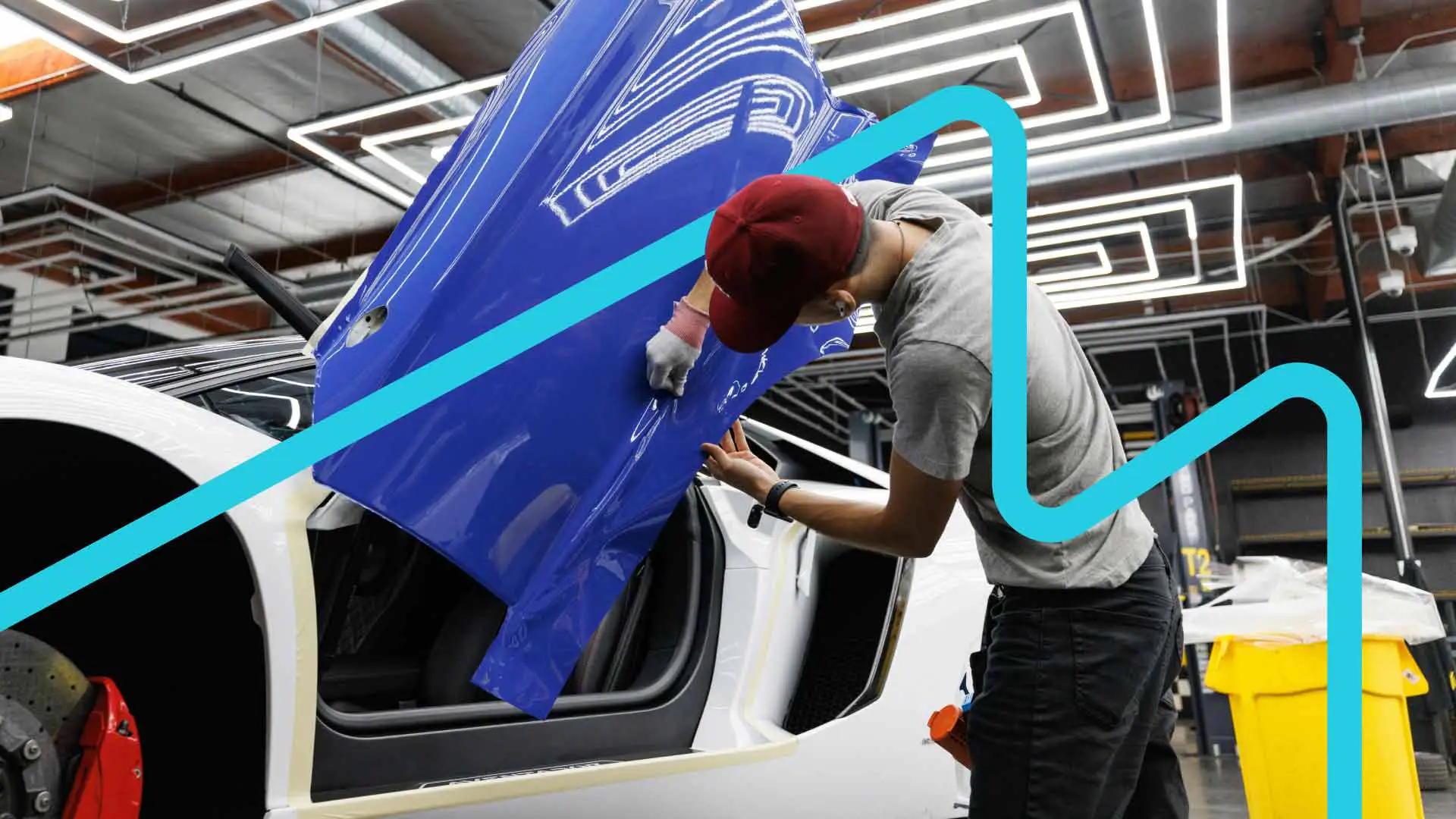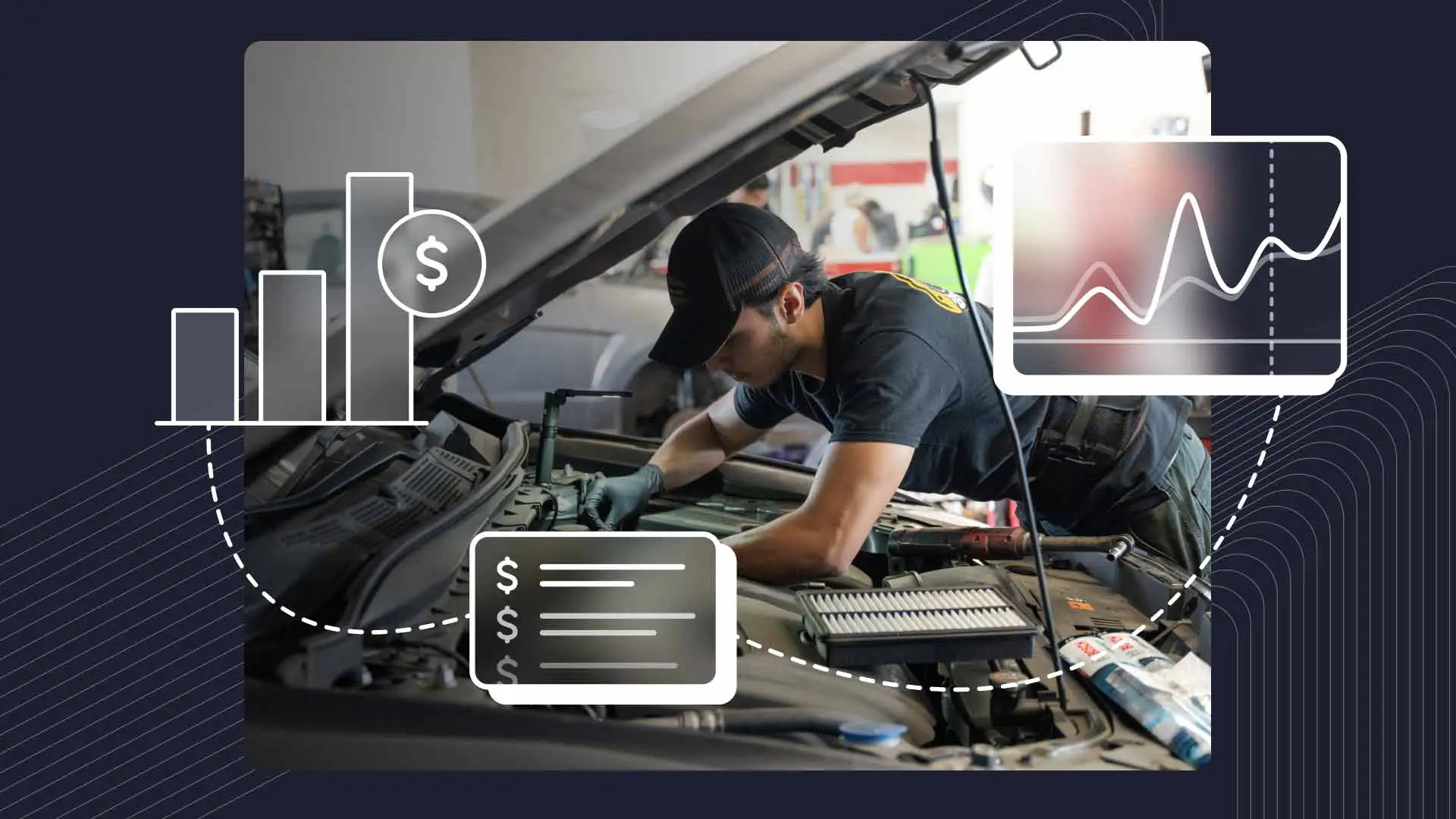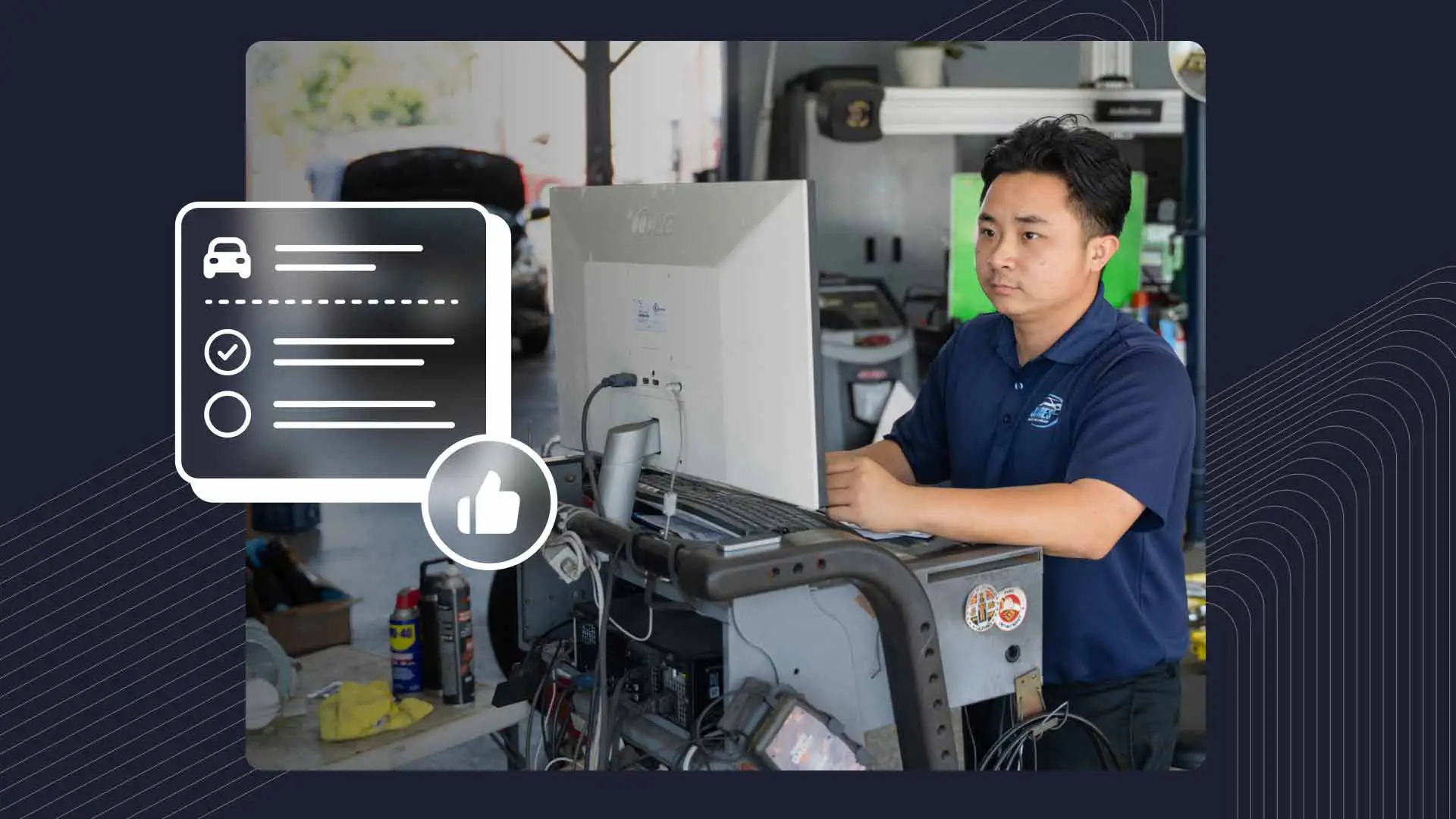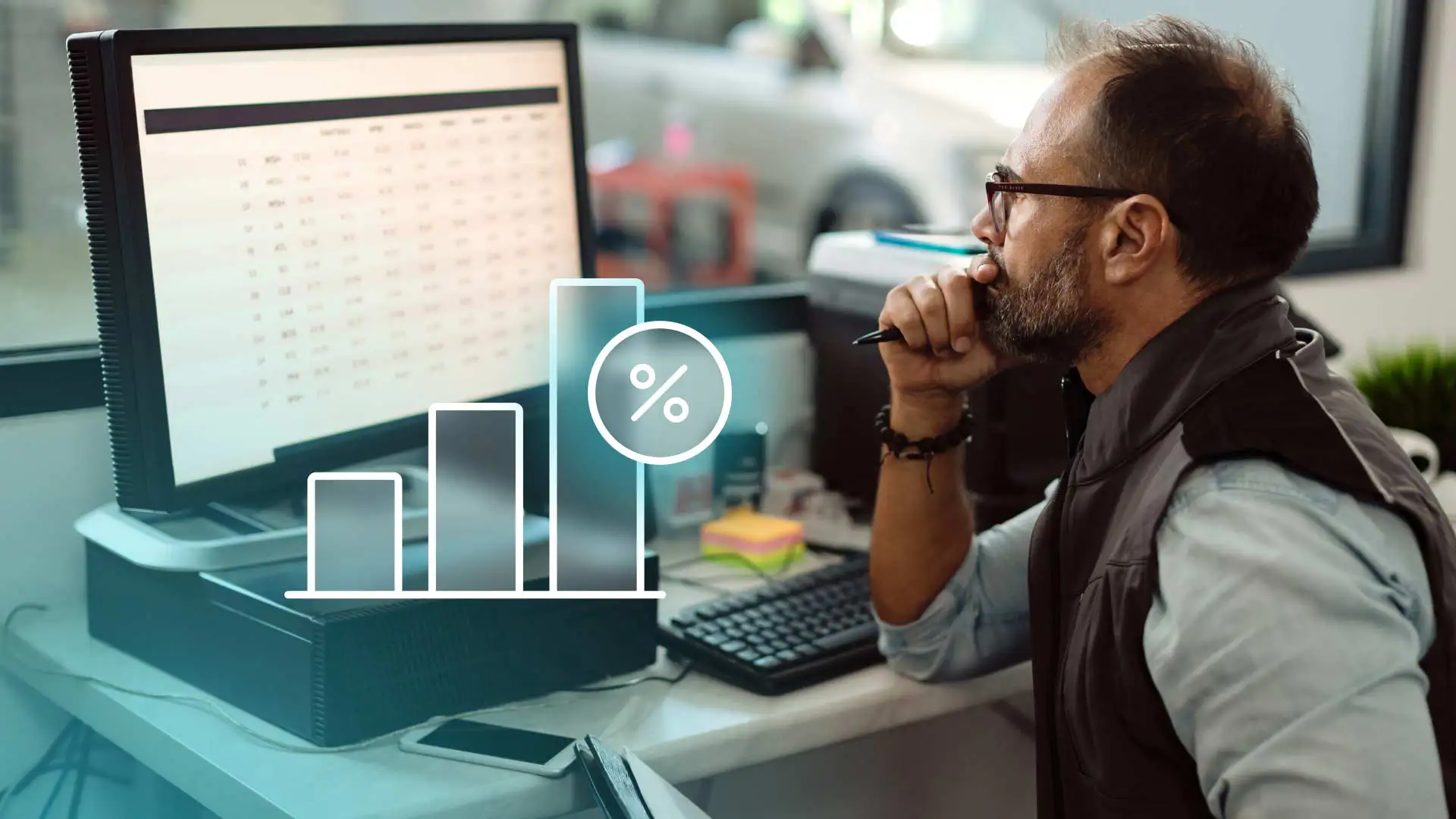If the Industrial Revolution of the 18th century was referred to as the Rise of the Machines, then today’s era may come to be known as the Rise of the Robots. Technology is transforming how we do business faster than you can say “5G Internet,” and the automotive service industry is no exception. For truck repair professionals, that means shifting into a completely new gear, one that reimagines how we diagnose, troubleshoot, and fix our big rigs.
Now, we’re not talking about cyborgs taking over our daily duties here, so don’t reach for the panic button just yet. But we shouldn’t be caught flat-footed, either. After all, the future of truck repair isn’t just about manual labor anymore; it’s about combining human expertise and experience with state-of-the-art technology to become more efficient, reduce errors, and improve the overall quality of service.
With that in mind, let’s explore three key developments–Artificial Intelligence (AI), telemetry, and robotics–that are reshaping the future of heavy-duty truck repair and what that means for shops and technicians now and in the years ahead.
Current Landscape: The Wrench Still Matters, But Data's Rising
Take a deep breath, because our wrench set isn't going anywhere anytime soon. But the importance of data in truck repair can’t be ignored. Modern engines are equipped with all sorts of sensors that continuously check and report on various aspects of the vehicle. These telemetry systems, which are becoming standard equipment on today’s trucks, allow us to remotely monitor engine performance and identify potential issues before they can escalate into major problems and leave drivers stranded on the roadside.
At the same time, the use of diagnostics has helped streamline truck repair while ensuring vehicles remain in good working order. By approaching repairs proactively, technicians can take the data they receive from these sensors and use it to help them pinpoint where preventive maintenance may be needed before any issues have a chance to devolve into costly and time-consuming breakdowns.
AI Enters the Shop: From Fault Codes to Predictive Maintenance
This is where things get really interesting. AI is not here to replace us; it's here to help us do our jobs better. Imagine having a co-worker who can comb through massive amounts of information in seconds and zero in on potential trouble spots with pinpoint accuracy. Well, AI systems have the ability to analyze the data produced by all those sensors in our big rigs and actually identify patterns that even the most seasoned mechanic might not recognize. And, because these systems can sift through fault codes and call out anomalies faster than Usain Bolt on Red Bull, that means significantly less time spent on diagnoses and troubleshooting.
In addition, AI has the potential to alter the landscape of predictive maintenance. By comparing historical data and service records with how the vehicle is operating in real time, AI can predict when parts are more likely to fail. For example, it can alert technicians to potential engine troubles or brake system malfunctions by monitoring these components for unusual patterns in performance, or excessive wear and tear. This type of next-level preventive maintenance helps keep trucks on the road and minimizes downtime; it also allows for remote monitoring, since alerts can be sent to drivers or fleet managers who can then schedule maintenance without missing a beat.
Robots on the Rise? Automation in the Repair Shop
Now, let's talk about those big, shiny robots. While robots aren't likely to replace human technicians entirely, they can be equipped to handle some of the more repetitive or physically demanding tasks in a repair shop. For instance, robots can lift heavy engine components or operate in confined spaces–i.e., part inspection and replacement, or welding truck frames–freeing up technicians to focus on more complex repairs that require critical thinking, problem-solving, or a measure of human expertise.
Robots are basically advanced tools, and just like with any new tool, we need to learn how to use them safely and effectively in order to fully realize their benefits. With the right training, which includes properly integrating them into the repair process, technicians will discover that robots can help contribute to a better, more consistent and productive shop floor.
The Human Touch: Why Technicians Will Always Be Crucial
Even as AI and robotics help to shape the future of heavy-duty truck repair, there’s one element that will never go away, and that’s us humans. Our experience, intuition, and ability to solve problems on the fly, or course-correct as needed, are still unique assets that will be irreplaceable long into the future.
The bottom line is that our expertise in diagnosing and fixing complicated mechanical and electrical issues is still unmatched. And trucks will remain safe and reliable as long as humans continue learning and passing down valuable skills and experience. So don’t retire your favorite pliers quite yet.
Collaboration is the name of the game here: Tomorrow’s truck technician will be a skilled mechanic who also understands and can tap into the benefits of emerging technologies.
Gearing Up for the Future
While a reliable crystal ball is hard to find these days, it’s clear that the future of truck repair will likely combine traditional skill sets with the ability to leverage new technology. More than just fixing what’s broken, this shift to a more preventive and data-driven approach will allow us to become more efficient, accurate, and cost-effective in our services.
Understanding and embracing AI, telemetry, and robotics will help make our truck repair shops measurably better at keeping big rigs on the roadways and on schedule. The key is to stay curious, keep learning, and be prepared to tackle the exciting new challenges that lie ahead.
To make sure you’re ready for the next generation of diesel truck repair, we invite you to request a demo of Shopmonkey’s cutting-edge truck repair shop software. This innovative technology is incredibly easy to use, allowing you to work faster and smarter while keeping a watchful eye on the road ahead!




